In this article, I discuss how you can focus on three components to help you initiate positive habits and eliminate negative habits.
Although psychologists help clients address a multitude of issues and achieve a myriad of goals, success in most instances entails a focus on habits. These are behaviours or sequences of behaviours which a person performs regularly.
The good habits we engage in have positive effects while the bad habits have negative effects. Therefore, a goal most people share is to add to their positive habits and eliminate their negative habits. In this article, I will discuss how you can achieve this goal by targeting the three components of habits.
The three components of a habit: Cue, routine and reward
To understand how habits are formed and changed, it is best to start by discussing the three components of a habit: Cue, routine and reward. Cue refers to various types of stimuli which remind you to engage in a behaviour or a sequence of behaviours. Cues can be objects, settings, people, times of day and many other kinds of stimuli.
For example, a cue for the habit of exercise might be time of day if you work out regularly at a certain time. It could also refer to emotional factors such as stress if you use exercise as a way to relax. A cue for drinking alcohol might be the presence of friends or co-workers with whom you often drink or—as with exercise—stress could also be a cue for alcohol use if you use alcohol to relax. Likewise, being in the proximity of a drinking establishment could be a situational cue for drinking alcohol.
Routine refers to the behaviour or sequence of behaviours you engage in regularly in response to cues. For example, you might have an exercise routine in response to it being a particular day or time of day. You might drink alcohol each day at the end of the work day and/or on days when you are particularly stressed, at business lunches or when you get together with friends who drink alcohol.
Reward refers to the positive consequences you experience as a result of engaging in the routine in response to the cue. For example, your reward for exercise might be feeling relaxed and less stressed, feeling good about yourself for completing a workout and feeling positively about your physical fitness. Your reward for drinking alcohol might be feeling relaxed and less stressed and having a good time with friends.
How habits are formed
It usually takes multiple occasions of performing the behaviours(s) in response to the cue followed by a reward for a habit to be formed. This stamps in the associations among the cue, routine and reward.
For example, many people with substance use issues report having ‘stumbled into’ the habit of using alcohol or other drugs by trying the substances initially in social settings like parties. At the same time, other people who have tried drinking alcohol or drugs do not form habits and develop issues because the sequence of cue-routine-reward was not repeated enough to form the habit. Similarly, some people are able to form exercise habits because they repeat the cue-routine-reward habit enough times while others do not form the habit because they do not repeat the sequence often enough.
How do you know when a habit is formed? When a habit is formed, you will have an anticipation of the reward when the cues are present. This anticipation leads to urges to engage in the routine so that you can obtain the anticipated rewards. By that time, for good or bad, the habit is formed and the behaviour or sequence of behaviours appears to occur automatically when the cues which trigger it are present.
For example, in the case of a good habit like regular exercise, your anticipation of feeling relaxed and having a good feeling about your body and your fitness leads you to have the urge to exercise at a particular day and time. That urge makes your choice to engage in exercise to obtain the rewards appear automatic.
In the case of a bad habit, your anticipation of feeling less stressed and taking your mind off your problems may lead you to have the urge to drink alcohol or use drugs when you are having a difficult day at work. That urge makes your choice to drink or use drugs to obtain these rewards appear automatic. This can establish in your mind the view that you are unable to resist your urges and that you are ‘addicted’.
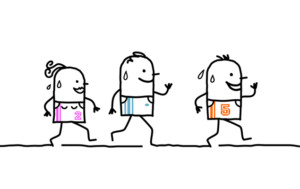
How to deliberately form good habits
To deliberately form good habits, first establish the foundation of the habit by identifying the cue-routine-reward sequence that you wish to establish. Then repeat that sequence often enough until you anticipate the rewards just by the cues being present.
For example, if you want to establish a new habit of regular exercise, you may choose a cue of particular days and times when you will work out; your routine might consist of swimming on certain days and running or biking on other days; and your reward might be feeling less stressed and having a good view of yourself and your fitness or perhaps achieving a goal in a sport such as finishing a half-marathon. You would then continue your exercise routine on those days and enjoy the rewards until you have the urge to exercise to obtain those rewards.
Despite what you may have heard, there is no magic number of times you need to perform the routine to establish the habit. However, it can be said that the greater number of times you perform the routine and enjoy the rewards in response to the cues, the more likely you will form a habit.
How to eliminate bad habits
There are two primary ways to eliminate bad habits. One of these ways is much harder and tends to be less successful than the other. The harder way is to use willpower to try to refrain from engaging in the routine when you have urges to engage in it in the presence of cues. For example, you could tell yourself you are simply not going to drink when you have the urge to do so at your usual time after work following a stressful day. This way of trying to eliminate bad habits is harder and less successful because it entails depriving yourself of the anticipated rewards in the presence of cues which are driving your urges to engage in the routine.
An easier and more successful way to eliminate bad habits is to substitute a different routine you can perform in place of your current maladaptive routine in response to the same cues and which gives you the same rewards. For example, if you drink alcohol after you have had a stressful day at work in order to obtain the reward of feeling relaxed and less stressed, you could substitute the routine of exercising at the end of the work day. If you engage in exercise instead of drinking alcohol in the presence of your cues enough times so that you anticipate the rewards of feeling relaxed and less stressed as you used to do in anticipation of drinking alcohol, you will have formed the new habit of exercising in place of your previous habit of drinking alcohol.
In other words, it is easier to eliminate a bad habit by engaging in a different routine which gives you the same rewards than it is to attempt to deprive yourself of those rewards.
A psychologist who helps clients to change behaviours can help you to implement the skills discussed in this article.
May you add to your positive habits and eliminate your negative habits,
Dr. Pat

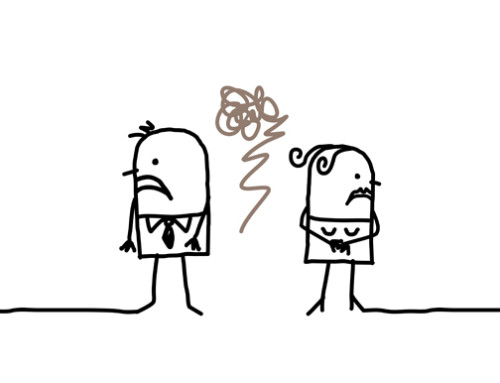
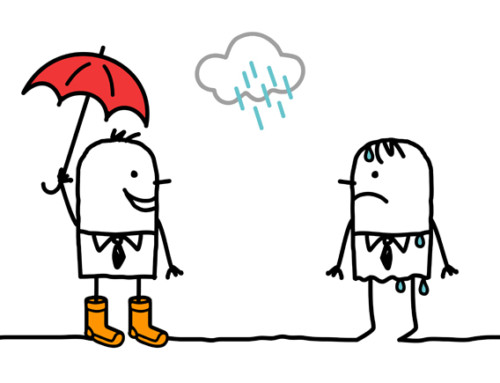
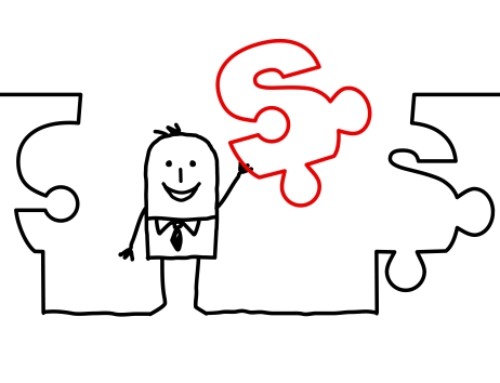
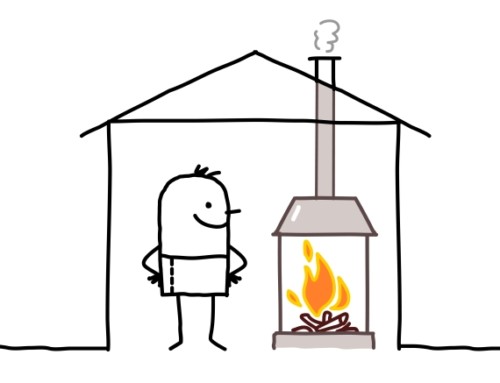
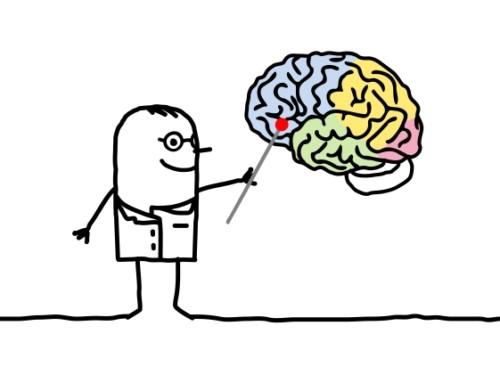
Leave A Comment